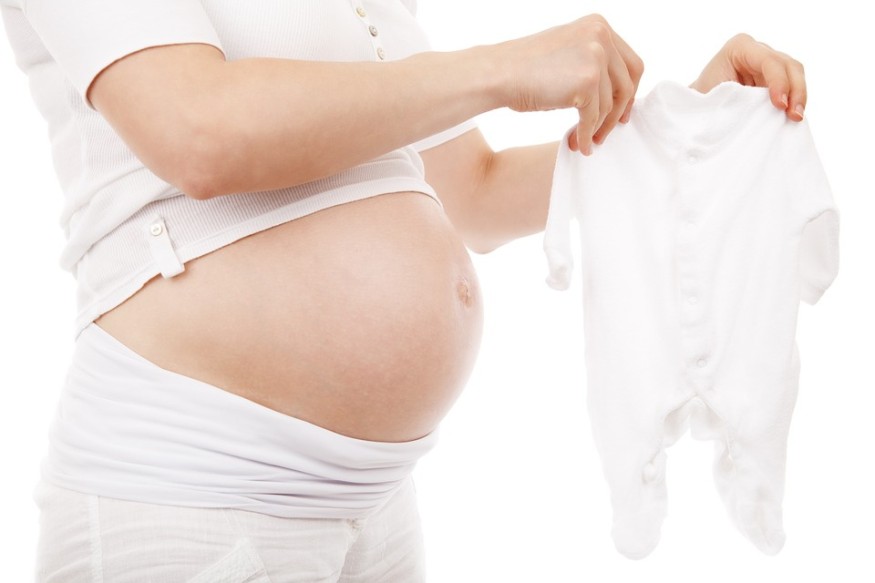
According to a study that was published on Monday, Oct. 21., future mothers who undergo physical or mental stress during their pregnancies are less likely to have a boy, and they may also have a higher risk of preterm birth.
Catherine Monk, the director of women's mental health in OB/GYN at NewYork Presbyterian/Columbia University Irving Medical Center and lead author of the study, stated that the womb is an influential first home. Males are more vulnerable in utero, and stress in women has been an issue for a long time.
Risk during pregnancy
For every 105 baby boys that are born, 100 female births happen. Males were more likely to die from fighting, from accidents and other natural phenomena. But in this study, women who have high blood pressure and those with signs of physical stress had four baby boys for every nine baby girls, while psychologically stressed mothers had two baby boys for every three baby girls. All of them had healthy, normal pregnancies.
Monk also said that other researchers had seen this pattern of a decrease in male births, and they are related to traumatic cataclysmic events, like the two devastating events in America, the assassination of President Kennedy, and the September 11 terrorist attacks in New York City.
Mother's health
Pregnant women who were physically pressure were also more likely to give birth prematurely than unstressed mothers. However, mentally stressed mothers had more birth complications, like longer labor, than mothers who were physically stressed.
When the soon-to-be mothers receive social support, like having someone to talk to or turn for help with their problems, the risk of premature delivery disappeared, a discovery that surprised researchers.
Around 30% of pregnant women report stress from depression, anxiety, and job strain, according to studies. While this study did not thoroughly explore how stress might impact the pregnancy, others have pointed to the role of the stress hormone cortisol.
Cortisol is a part of the body's alarm system, and it is meant to dissipate once the danger is no longer felt. Chronically high levels of cortisol can increase blood pressure, and it can make a person more prone to illness.
A study found that pregnant women who are under pressure had higher levels of cortisol, and those levels were also present in the amniotic fluid of the baby at 17 weeks gestation.
Laura Berman, an assistant clinical professor of OB/GYN and psychiatry at the Feinberg School of Medicine, said that stress during pregnancy could be harmful to both the mother and the baby.
Being stressed while pregnant can increase a woman's chance of postpartum depression, and it can lead to preterm delivery and low birth weight.
© 2026 ScienceTimes.com All rights reserved. Do not reproduce without permission. The window to the world of Science Times.











